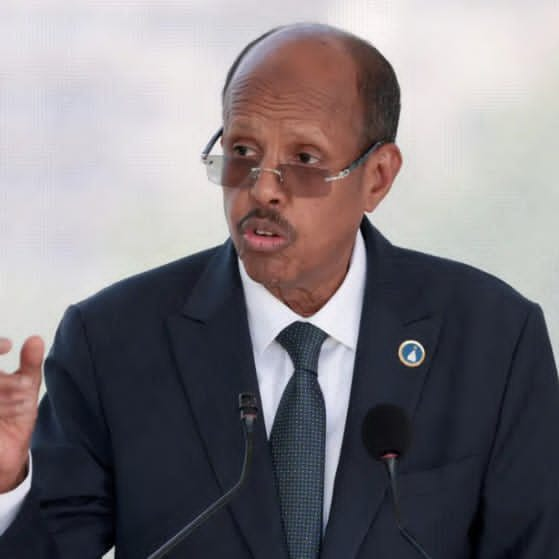The African Union Commission (AUC) has firmly refuted claims by U.S. President Donald Trump alleging that a genocide is taking place in northern Nigeria, describing the assertion as “unsubstantiated and misleading.”
In a statement issued on Thursday, the AUC clarified that while security challenges and sporadic violence remain concerns in parts of Nigeria, there is no credible evidence to support claims that “very large numbers” of Christians are being systematically targeted or killed.
> “The African Union urges global leaders to exercise restraint and verify information before making public statements capable of deepening divisions or fueling unrest,” the statement read.
The Commission emphasized that Nigeria’s internal security issues, particularly in the North, stem largely from terrorism, banditry, and communal conflicts — not from religiously motivated mass killings. It further urged the international community to support Nigeria’s ongoing counterterrorism efforts rather than amplify narratives that could worsen tensions between faith groups.
The AU warned that careless statements from influential figures risk undermining peacebuilding efforts in a region already grappling with humanitarian and economic challenges.
“Labeling the situation as genocide without factual backing is not only inaccurate but potentially dangerous,” the Commission noted, reaffirming its commitment to working with the Nigerian government to strengthen stability and protect all citizens regardless of faith or ethnicity.
Observers say the AU’s response comes amid rising international scrutiny of security developments in northern Nigeria, where militant attacks and intercommunal clashes have displaced thousands.
However, the Union insists that while such violence is tragic, it does not meet the legal or factual threshold for genocide — a term it said must not be used loosely for political or emotional effect.
The statement concluded by calling for responsible diplomacy, stressing that misinformation from high-ranking global leaders could “inflame fragile regions and distort the realities on the ground.”
With the AU’s clarification, attention now turns to Washington, where analysts expect the Trump administration to face pressure to reconsider its remarks and engage African partners through factual dialogue rather than rhetoric.




